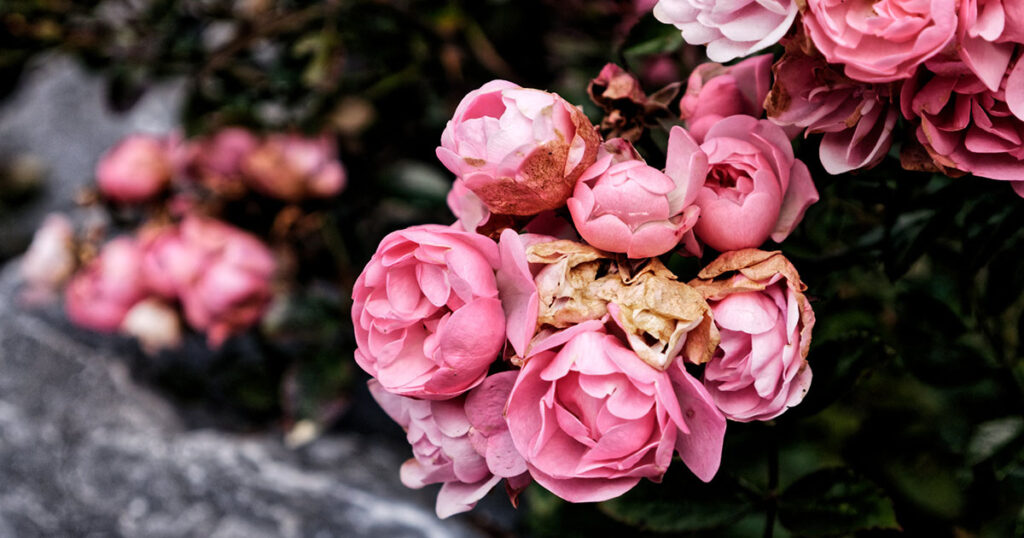
When I learned this winter that the critic and New Yorker writer Joan Acocella had died, I was saddened. But only mildly. I did not know her, and neither had I dreamed of making her acquaintance, as I sometimes had of other writers over the years. When I was younger, I might have imagined myself sitting in a Madrid café and, looking around, spotting a serene and kindly seeming elderly man looking quietly around too. “Could it be?” I’d ask myself in this fantasy, thinking it not impossible to bump into William Trevor himself, on a Spanish holiday. To judge from the settings of his stories, he was well travelled in Europe. “Perhaps I’ll catch a glimpse of Alice Munro,” I’d fantasized once when I was traveling near the Canadian border. What good, though, would meeting Trevor or Munro do me? I had nothing to offer either of them besides tremendous admiration. And what could they do for me? I’d exchanged an email with Hendrik Hertzberg and a couple of letters with David Sedaris, and didn’t believe I was a better writer or a better person for it. No lucky break had resulted. Lucky breaks—it’s just ordinary living that reveals them, just taking a left turn at the crossroads rather than turning right, planting a flower in the shade, not the full sun.
So Acocella’s death saddened me as the death of an old acquaintance might: someone you have an interest in but no contact with and whose death has no direct effect on you. It’s funny, but in the years since my grandparents’ deaths, that’s how I’ve come to feel about them. I used to love them, but can I say I still do? I doubt it. I don’t have the experience to confirm this, but it appears to me that anyone’s death, once you relax and accept it, will become this distant event that occurred to someone you don’t know or love. “Only someone that I used to love,” are the lyrics of a song about an ended love affair. Those words have bumped around in my head for years, a good description of our own dead. Meanwhile, the deaths that might affect me are those that haven’t happened and that I work to prevent: my sick black cat, my new climbing rose, buffeted by recent high winds, and my peony.
But Acocella’s death is sad, as the death of my peony would be: a bit of beauty you had counted on seeing year after year that, as you learn on a cold winter’s day, you have seen the last of. No more new articles by Acocella. More serious than this is my slightly diminished sense that the world is a good place, peopled with individuals I admire. A good enough place, anyway. The day that I read about Acocella’s death, I transplanted my peony from its clay pot to the clear spot of garden ground where the pot had sat, between the ancient rosebush that was here when I moved in and the jasmine I brought with me and that, a year after I transplanted it, is still settling in, getting comfortable, and stretching out. The peony, on the other hand, taking to its new spot, has flourished.


